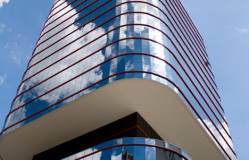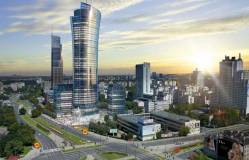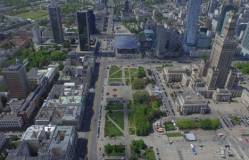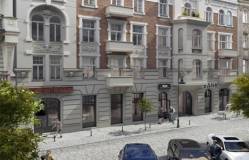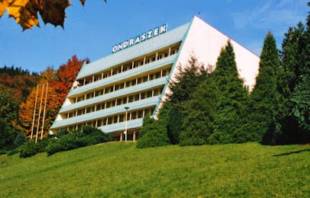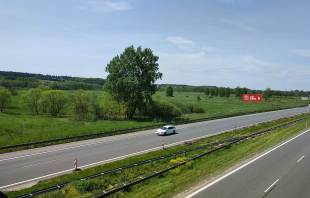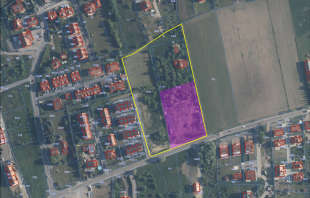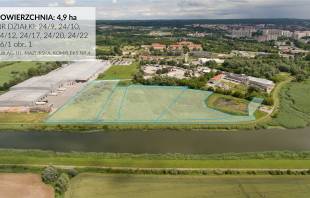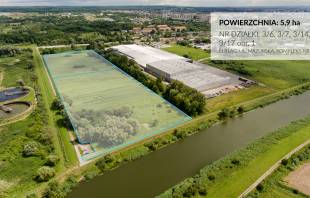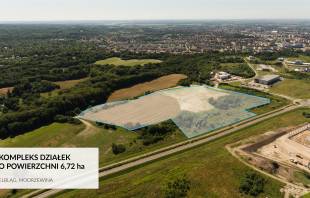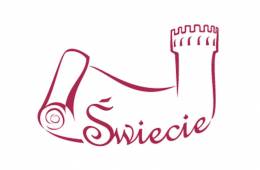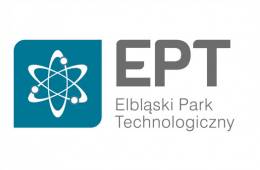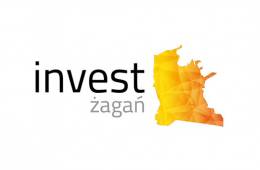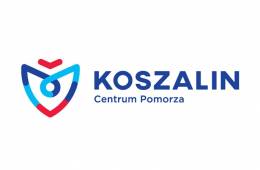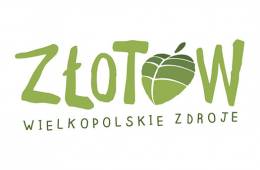I am expecting that in 2016, the trend, which I define as human scale offices, will grow even more – the market will turn to intimate, individualized office buildings in city centres. The evolution of Smart Cities and the emergence of friendly spaces in cities will be one of the factors that have a significant impact on the changes in the use of office space.
In our daily work, we encounter a paradox. Even though, objectively, we have to deal with the oversupply of office space – because in Poland over 1.3 million square meters of office space is currently built – a big part of the tenants still suffers from the lack of a satisfactory offer. When, a couple of weeks ago, we have begun the commercialization of Poznańska 37 – more than 100 years old building in the centre of Warsaw that we are adapting to become an office building – our predictions with regards to the strong demand for boutique objects have been confirmed. Companies in Poland increasingly recognize the perks of owning headquarters in revitalized office buildings. It is a big advantage to be able to work in a building that is unique due to its historical identity.
In the case of Poznańska 37, considered to be the pearl of pre-war architecture, it is not just about the unique interiors, but also about the genius loci, the spirit of creativity of the building, in which Miron Białoszewski lived and created for 13 years. What is more, working in such an unusual place provides tenants with an “individualized address” on the map of Warsaw. Owners, employees, and business partners become attached to it. It guarantees recognition, which is extremely difficult to achieve in, for example, a high-rise office building with dozens of companies.
When it comes to human scale offices, the most important factors are the high standard of management, tailored to the individual needs of tenants, as well as the new quality of relations and bonds that are formed between employees of an intimate office building. This creates a useful social hub – a community exchanging experiences, which translates into business development. The tenants of intimate offices located in tenement houses highly appreciate their excellent, central location. The monoculture of office centres in Mokotów or Wola is becoming a problem for a growing number of employees, whose lives die after the offices are closed. Working in the city centre provides quick access to a wide range of services. Here we can find countless restaurants and cafés, cinemas, theatres, parks and green spaces, as well as easy access to the public transportation network. The centre of the capital is conductive to the comfort of life and work in the heart of this bustling city.
Another advantage of Poznanska is the fact that we are dealing with the so-called foodies destination. Many original culinary sites are developing here. It is appreciated not only by the residents, but also by tourists, for whom Poznanska has become a new place of social events and a must-see. Let us not forget that boutique offices are also attractive investment products, resistant to changing marketing conditions, which retain their value in the long term.
An important factor when it comes to the increased interest in investing in boutique office buildings is a limited supply of revitalized tenement houses, as well as the growing attractiveness of the modernized Parade Square, which soon will become the location of, among others, the Museum of Modern Art and TR Warsaw.
I believe that the creation of further city-forming public spaces in Warsaw will have a positive impact on the development of human scale offices. Major changes will take place in the centre of Warsaw. The draft of the Local Development Plan for the so-called Eastern Wall, to which comments can be submitted until January 26, implies, for example, the replacement of Dmowski roundabout with a traditional intersection, the creation of four new above-ground pedestrian crossings, as well as the creation of an urban square near the Rotunda, which will be a meeting place for the communities living and working in the centre of Warsaw. In conclusion, the level of satisfaction with the lease of boutique office spaces is confirmed by, among others, the low turnover of tenants, and the changes in the way of office space are used and the growing awareness of the needs of employees and clients will be conductive to the development of intimate, friendly human scale office investments.
Market forecast prepared by Bartosz Puzdrowski, Member of the Board of ICON Real Estate.
Bartosz Puzdrowski, Member of the Board of ICON Real Estate
















